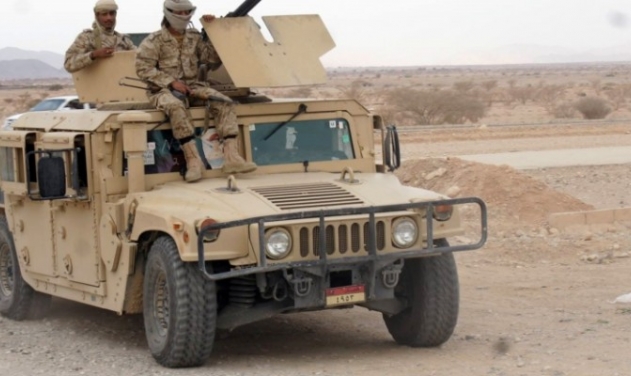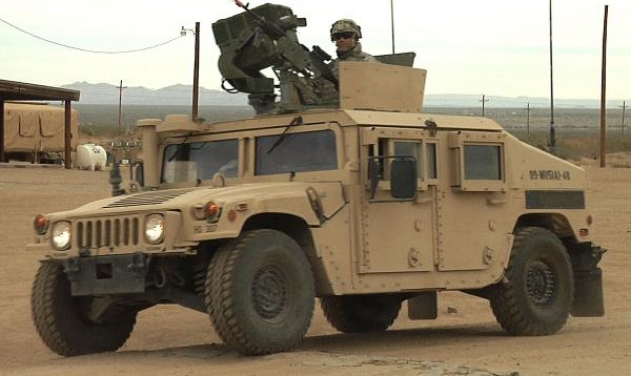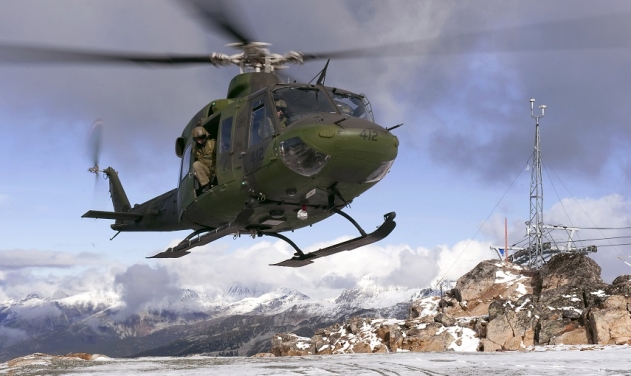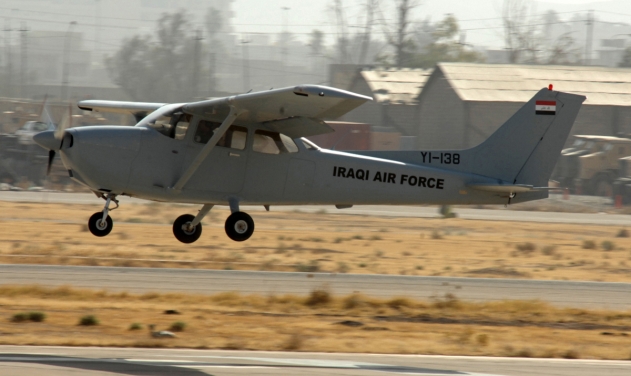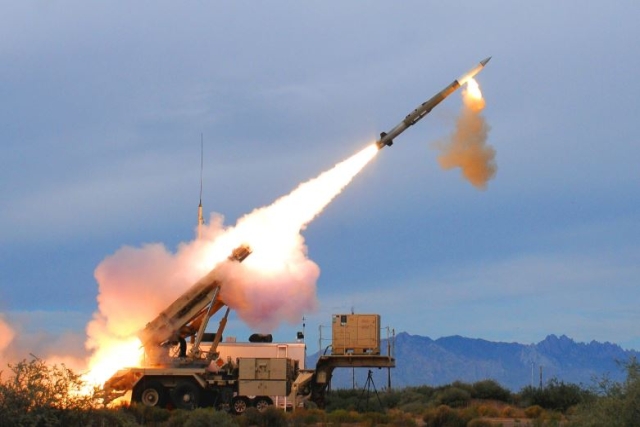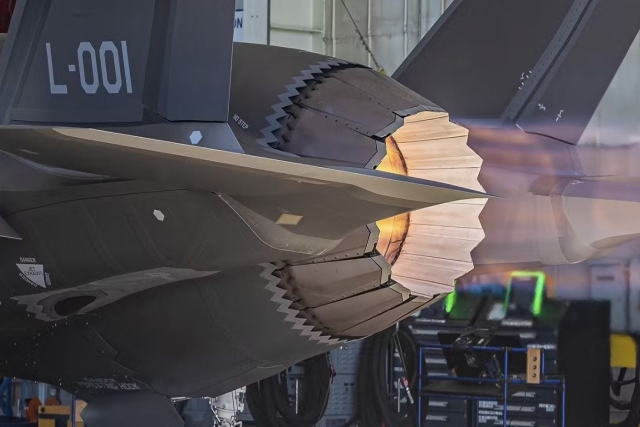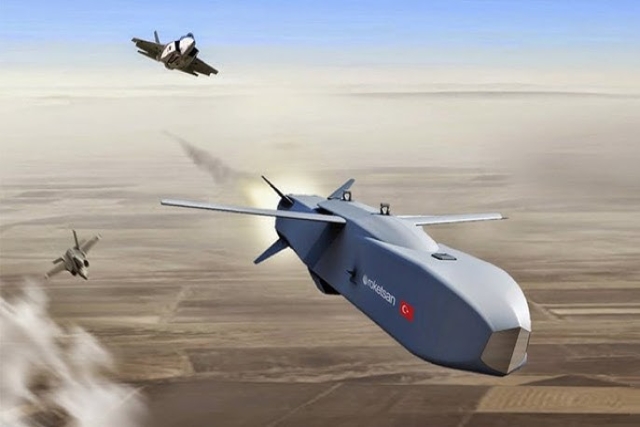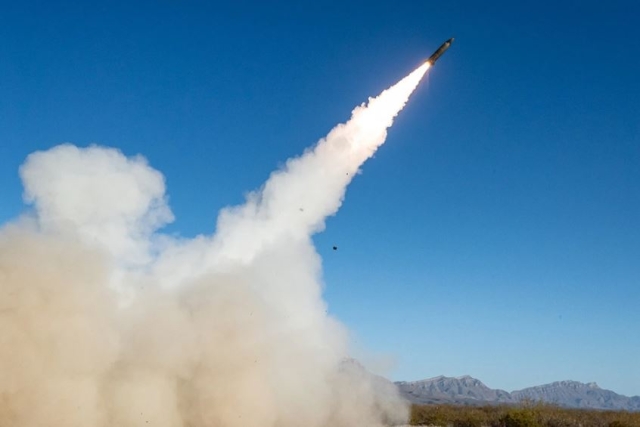US-led Coalition Dropped 12000 Munitions In Densely-populated Mosul
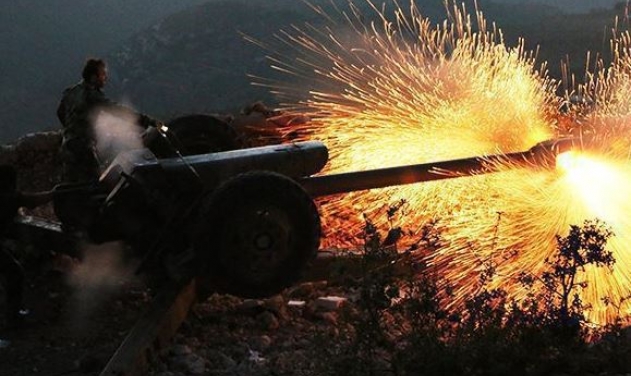
Over 12,000 munitions were used by the US-led coalition in Mosul of Iraq during the past 3 months, comprising airstrikes, rocket and artillery salvos, mortar attacks and helicopter actions, a coalition of humanitarian organizations has claimed while calling a halt to the indiscriminate use of munitions in densely-populated areas.
Iraqi forces have also been launching locally fabricated rockets, commonly known as improvised rocket-assisted munitions (IRAMs), into west Mosul. Images published by media outlets and the US military also depict US forces and Iraqi forces firing mortars and unguided artillery rockets into western Mosul. Both of these weapons are inaccurate and can be unlawfully indiscriminate if used in heavily populated areas, Human Rights Watch reported Thursday.
“The result of this ferocious bombardment on a densely populated city has been inevitable – with thousands of Moslawis reported killed in Coalition, Iraqi government and Islamic State actions. Determining responsibility is proving particularly challenging, given the high number of munitions involved. We urge both the Coalition and Iraqi forces immediately to end the use of wide area effect and indiscriminate munitions in Mosul, in order to save lives,” Airwars Director Chris Woods said in a statement.
A US drone aircraft in March this year fired missiles and dropped a 500-pound bomb outside Aleppo to target two terrorists in an attack on a mosque crowded with civilians.
The Pentagon claimed the strikes in the town of Jinah had killed "dozens" of militants at a meeting of the terrorist group. But local activists and a monitoring group reported that at least 46 people died, and more were trapped under rubble, when the attack struck a mosque during a religious gathering.
Since military operations against the Islamic State in Iraq and the Levant (ISIL/Da'esh) began in Mosul seven months ago, nearly 700,000 people have been displaced, including 500,000 people from the city's western neighbourhoods, according to United Nations news service report in May this year.
“The military battle in Mosul isn't over yet and even when it is, the emergency will continue for months… Hundreds of thousands of lives are at stake,” said Humanitarian Coordinator for Iraq Lise Grande in a press release from the UN Office for the Coordination of Humanitarian Affairs.
